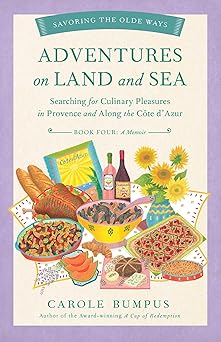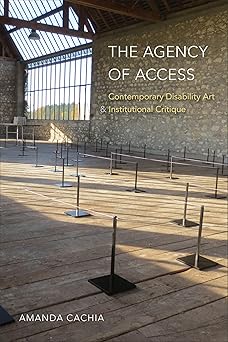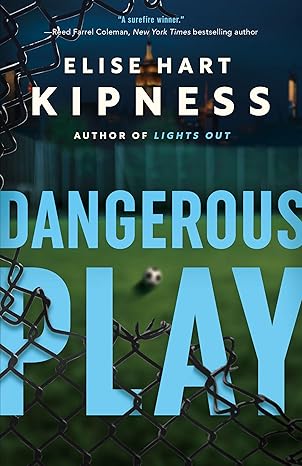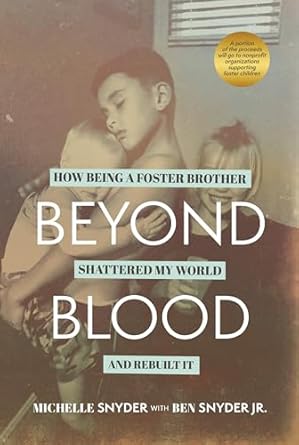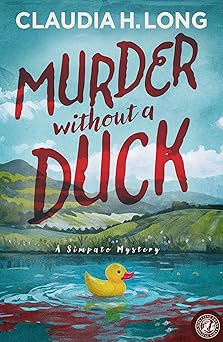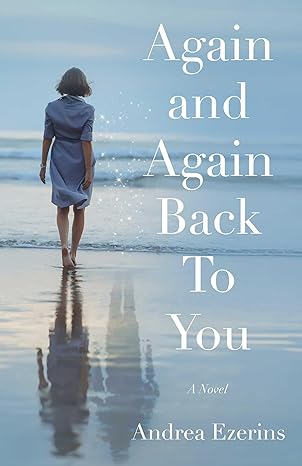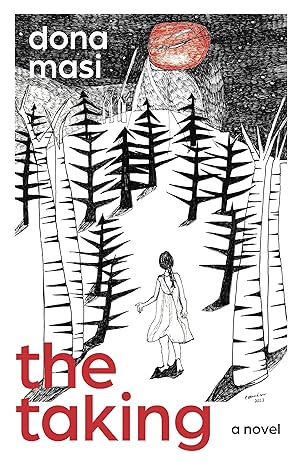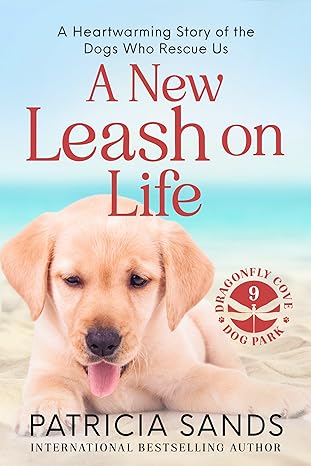Kwan Kew Lai: On Book Events
The time has come, to talk of many things: Of book events— and signing—and book tours—Of Margaret Atwood —and Stephen King—-
 Recently Chelsea Banning, a librarian who published her debut novel, Of Crowns and Legends tweeted that she was bummed only two people showed up for her first book signing event despite several RSVPs. Famous writers such as Margaret Atwood, and Stephen King tweeted their experiences of poor attendance at their own book signing events when they first burst onto the scene.
Recently Chelsea Banning, a librarian who published her debut novel, Of Crowns and Legends tweeted that she was bummed only two people showed up for her first book signing event despite several RSVPs. Famous writers such as Margaret Atwood, and Stephen King tweeted their experiences of poor attendance at their own book signing events when they first burst onto the scene.
My book launch for my memoir and my third book, The Girl Who Taught Herself to Fly was three months ago. Belmont Public Library, the local library, hosted it as part of their One Book, One Belmont Program, a community-wide reading program in which a book is selected to be read by the community. The Library Book by Susan Orlean was selected as part of their publicity to raise funds for the building of a new library. The local newspaper, the Belmont Herald Citizens released a ten-minute interview with me a few days before the launch. Belmont Books, the local bookstore came to sell books.
The library and bookstore publicized the event. I posted about it on social media, my website, emailed my friends, and even printed flyers and dropped them in my neighbors’ mailboxes. In the end, I had a decent turnout of about 30 people.
After the launch, I held book events at the Wellesley Free Library and Porter Square Books. I again publicized the events through my social media, email, and by word of mouth and was grateful the turn-out was reasonable.
It was just before my fourth book event at Wellesley Books when I heard about Chelsea Banning’s tweet from NPR. Waves of anxiety washed over me. What if no one showed up for my next book signing?
When I first approached Wellesley Books about doing a book event, they would only sponsor me if I could guarantee a sign-up of 40 people with a book sale of 30. I could not. When I suggested doing a conversation with another author who recently published a book, they then agreed.
On the day of the event, the organizer told me 37 people signed up. By now I knew that not everyone who signed up, showed up.
The attendees at all three events were many of my friends, family, and neighbors with a spattering number of people I did not know. I signed between 5 to 15 books in each of the events.
Four years ago, months before my first book, Lest We Forget: A Doctor’s Experience with Life and Death During the Ebola Outbreak came out, I inquired of a writer friend of mine who went on a book tour with his debut novel which later became a best seller, he told me that most publishers no longer support book tours unless one is a celebrity or already a best-selling author.
The publicity of the publisher of my first book helped with the logistics of supplying books to the bookstores for book signing events but I was the one reaching out to them to set them up.
Since it was my book debut, my excitement carried me to arrange for book events at several bookstores on the east and west coasts. The iconic Last Book Store would not put me on their event until a certain number of people signed up. I reached out to my college club members in Los Angeles. I organized a mini-book tour on my own dime, with the enthusiastic support of my alma mater club members. They buoyed my spirit and allowed me to connect with my readers. I never regret having that experience.
When my second book, Into Africa, Out of Academia: A Doctor’s Memoir was published in 2020, COVID-19 pandemic was in full swing and by then there were no more in-person events. I had a virtual book talk sponsored by my local Belmont Books. I felt strangely relieved that I did not have to organize a book tour. The virtual event actually drew many more participants but of course, there was no book signing.
For my third and latest book, The Girl Who Taught Herself to Fly, which came out last fall, I have been holding a combination of in-person and virtual book events.
Do bookstores still support unknown authors for book events and signings? Is it worth their while?
My experience with organizing book events in bookstores informs me that indie bookstores have had a difficult time during the pandemic. Well-known authors are favored. While they may want to support most authors, such events do come with a cost, having employees available for the events and to sell books. Book events with conversations with other published authors trumped lone author events as the bookstores could sell books by both authors. Alternatively, virtual book club discussions are also good for readers who cannot attend in person, but the authors missed out on book signing.
Do authors still go on book tours?
Popular or best-selling authors and celebrities will continue to tour their books, but for the rest of us ordinary authors, it is probably not a worthwhile expense for the publishers. Getting interviews on TV, radio, reviews, and participating in podcasts may be the way to go but big publishers are in a better position to organize them for their authors. Authors published by small presses will have to publicize and market their books on their own.
Does this spell the end of book talk, signings, and book tours?
I hope not. Book talks and book signing events are excellent venues for authors to meet their readers. There will be times when attendance is not what we as authors wish for and suffer the same fate as Chelsea Banning, but we now know we are in good company.
—
Originally from Penang, Malaysia, Kwan Kew Lai received a full scholarship from Wellesley College. She is a Harvard Medical Faculty Physician. In 2005, she left academia to dedicate time to humanitarian work and she currently provides. disaster relief all over the world. Read more on her website: kwankewlai.com.
THE GIRL WHO TAUGHT HERSELF TO FLY
 Kwan Kew Lai met her first Punjabi woman doctor while lying in a hospital bed with a severe kidney infection at the age of fourteen. Watching the woman walk away down the hall, Kwan Kew was convinced she could, and would, carve out her own destiny.
Kwan Kew Lai met her first Punjabi woman doctor while lying in a hospital bed with a severe kidney infection at the age of fourteen. Watching the woman walk away down the hall, Kwan Kew was convinced she could, and would, carve out her own destiny.
In the British Straits Settlement of Penang Island, she was born into an impoverished Chinese family of two boys and ten girls on the cusp of the Japanese occupation during World War Two. She did not wish to repeat the life of her uneducated mother, burdened with an endless brood, nor tolerate the fact that her father considered girls useless since they could not carry on their family name.
The newly independent country of Malaya developed a national policy favoring one racial group, the Bumiputras, vastly diminishing her chance of receiving a university scholarship. Her fortuitous introduction to a free library and her determination to continue her education, led to the opportunity of a lifetime: a scholarship from Wellesley College.
When her father saw her off at the Penang International Airport as the first child to attend college, she proved herself to him, but more importantly she started the journey of a lifetime fulfilling dreams that originated as a young girl playing in the mud with the chickens.
In The Girl Who Taught Herself to Fly, the author weaves in her family’s story of joy, sorrow, loss, love, and endless struggles with poverty and hunger. This poignant memoir, with universal and timeless themes, will leave you in awe.
BUY HERE
Category: How To and Tips






